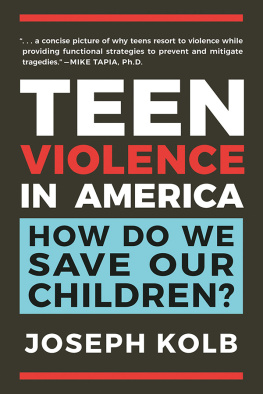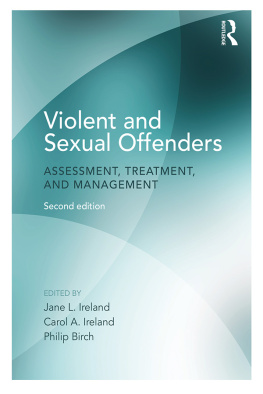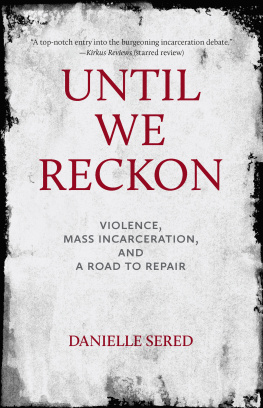Aimée X. Delaney - Norms of Violence: Violent Socialization Processes and the Spillover Effect for Youth Crime
Here you can read online Aimée X. Delaney - Norms of Violence: Violent Socialization Processes and the Spillover Effect for Youth Crime full text of the book (entire story) in english for free. Download pdf and epub, get meaning, cover and reviews about this ebook. year: 2021, publisher: Routledge, genre: Politics. Description of the work, (preface) as well as reviews are available. Best literature library LitArk.com created for fans of good reading and offers a wide selection of genres:
Romance novel
Science fiction
Adventure
Detective
Science
History
Home and family
Prose
Art
Politics
Computer
Non-fiction
Religion
Business
Children
Humor
Choose a favorite category and find really read worthwhile books. Enjoy immersion in the world of imagination, feel the emotions of the characters or learn something new for yourself, make an fascinating discovery.

- Book:Norms of Violence: Violent Socialization Processes and the Spillover Effect for Youth Crime
- Author:
- Publisher:Routledge
- Genre:
- Year:2021
- Rating:4 / 5
- Favourites:Add to favourites
- Your mark:
Norms of Violence: Violent Socialization Processes and the Spillover Effect for Youth Crime: summary, description and annotation
We offer to read an annotation, description, summary or preface (depends on what the author of the book "Norms of Violence: Violent Socialization Processes and the Spillover Effect for Youth Crime" wrote himself). If you haven't found the necessary information about the book — write in the comments, we will try to find it.
Norms of Violence: Violent Socialization Processes and the Spillover Effect for Youth Crime explores the degree to which violent socialization processes, both at the macro- and micro-levels, are associated with youth criminal behavior. Based on a quantitative test of an integrated theory of social control and culture of violence, the author argues that violent socialization is a process involving physical violence, exposure to violence, and pro-violent communications. All three dimensions, in combination with national level indicators of violence, contribute to a norm of violence which, at a national-level, spills over into other dimensions of society, including the family environment.
This book seeks to answer if violent socialization processes truly control youth behavior. Various quantitative methods are used to demonstrate how violent socialization tends to be more prevalent in nations with indicators of violence compared to nations without such indicators. The spilling over of violence into socialization processes creates a context of violence normalized as a form of social control, which exacerbates youth criminal behavior within pro-violent nations.
This book is unique in propelling a more thorough explanation of international youth crime by focusing on both victimization (violent socialization) and offending, rather than arguing solely that victimization is a correlate of youth crime. It provides a reference point for future comparative research offering theoretical explanations for youth crime across different nations and is essential reading for those engaged in youth and juvenile justice efforts and scholars interested in issues surrounding violence, youth, and justice.
Aimée X. Delaney: author's other books
Who wrote Norms of Violence: Violent Socialization Processes and the Spillover Effect for Youth Crime? Find out the surname, the name of the author of the book and a list of all author's works by series.









